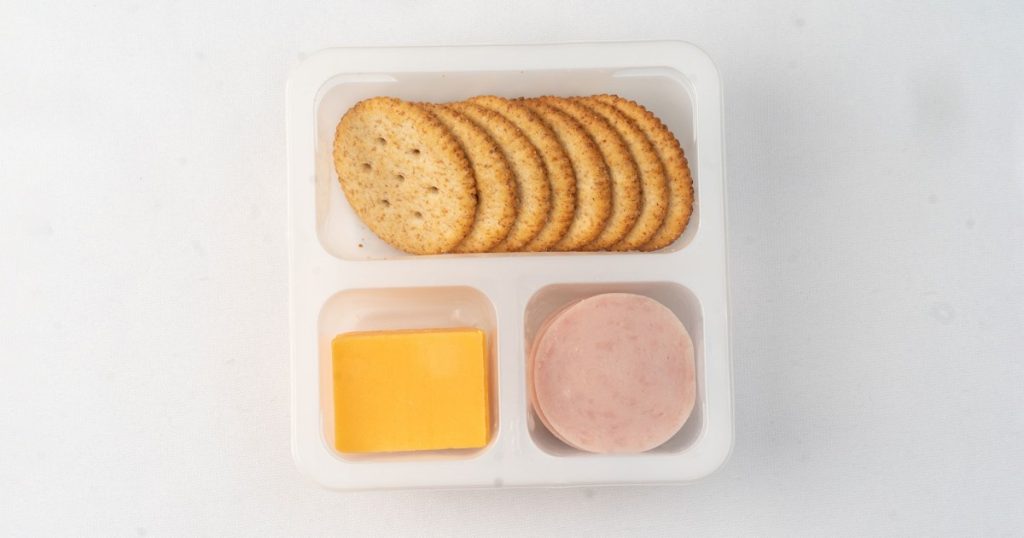Consumer Reports has conducted research on Lunchables and similar snacks, finding lead and cadmium in all 12 store-bought versions tested. While none of the kits exceeded legal limits, the levels of lead detected posed a concern due to potential developmental problems in children. Additionally, 11 out of the 12 kits tested positive for phthalates, chemicals linked to health issues. Kraft Heinz, the maker of Lunchables, defended their products, stating that the metals are naturally occurring and within acceptable limits.
The study found that the turkey and cheddar, pepperoni pizza, and cheese pizza Lunchables contained high levels of lead, reaching 69-74% of California’s maximum allowable dose level. Despite these findings, Kraft Heinz emphasized that their products meet regulatory standards. School versions of Lunchables, part of the National School Lunch Program, have a specialized recipe that includes more protein and whole grains, reduced sodium and fat, and an increased serving size. Consumer Reports did not test these school versions for heavy metals or phthalates but warned of high salt content.
Consumer Reports has called for Lunchables to be removed from the National School Lunch Program due to concerns over high levels of sodium and harmful chemicals. The organization has launched a petition urging the USDA to provide healthier food choices for school children. In response, the USDA stated that it focuses on the overall content of meals rather than individual food items and requires a balance of higher and lower sodium options. Kraft Heinz defended the presence of Lunchables in schools, citing their strict food safety and quality guarantee.
The FDA notes that lead may be present in food due to environmental factors, with no known safe level of exposure. Monitoring and regulation of lead in food is undertaken by the FDA to protect consumers. While the presence of lead in food does not necessarily mean it should be avoided, consuming a balanced diet of nutrient-dense foods across all food groups can help reduce the effects of exposure to contaminants. Research shows that eating a variety of nutritious foods can mitigate the impact of contaminants in food.


